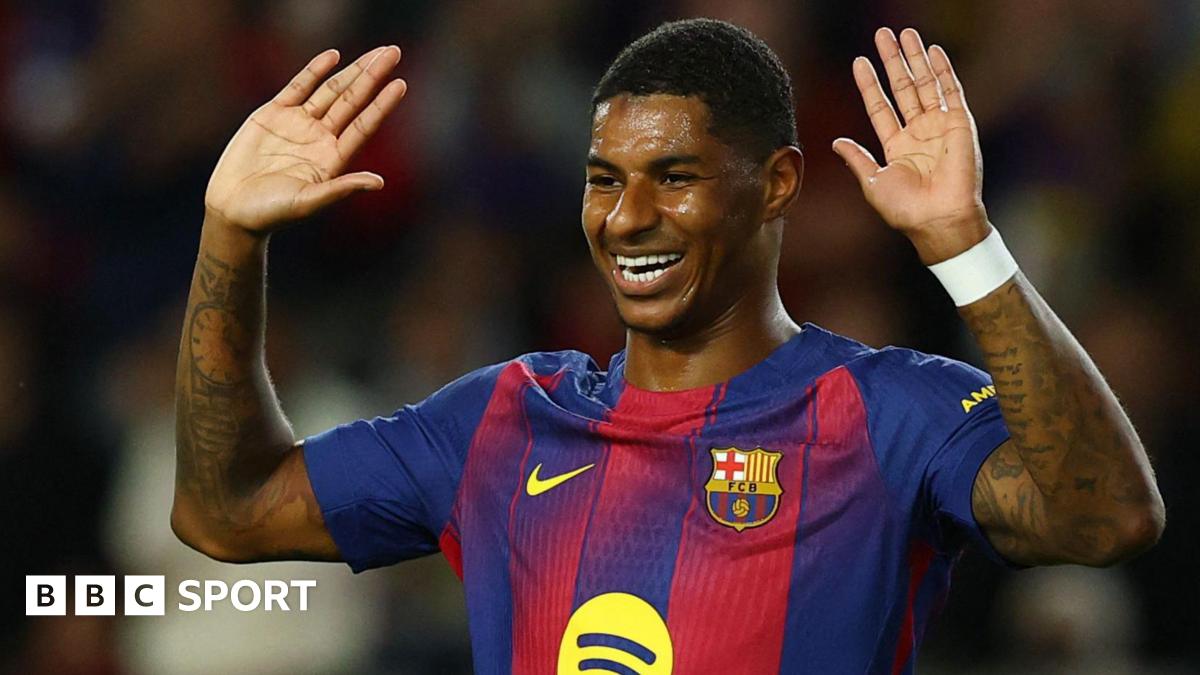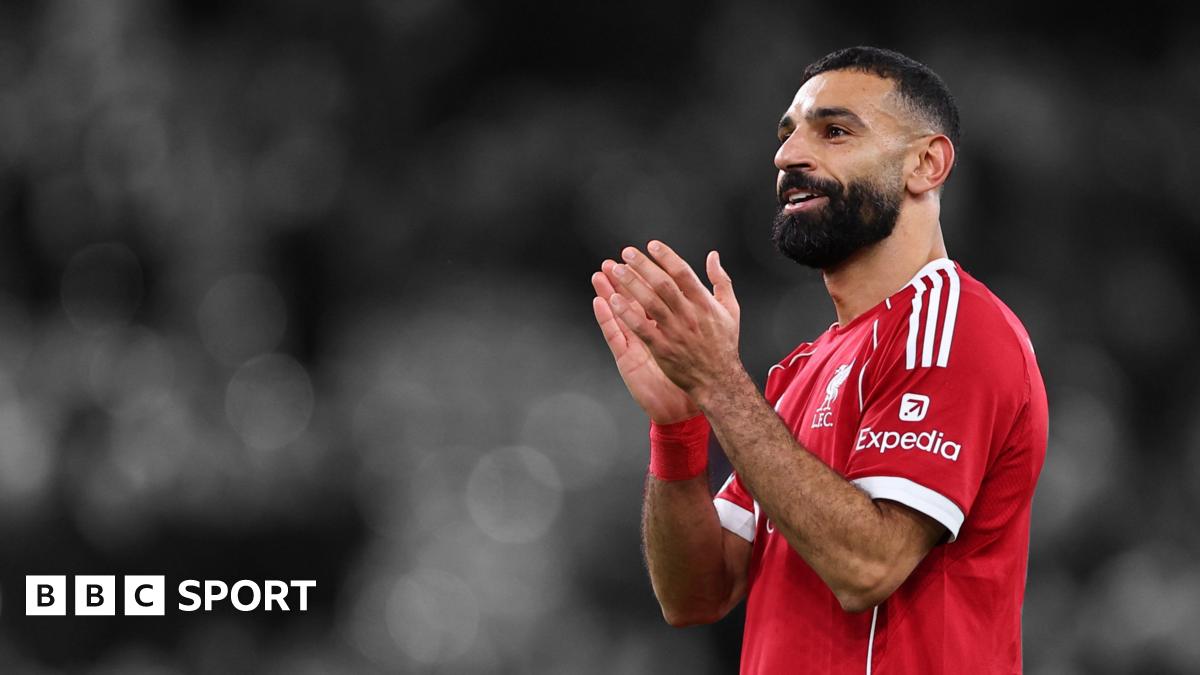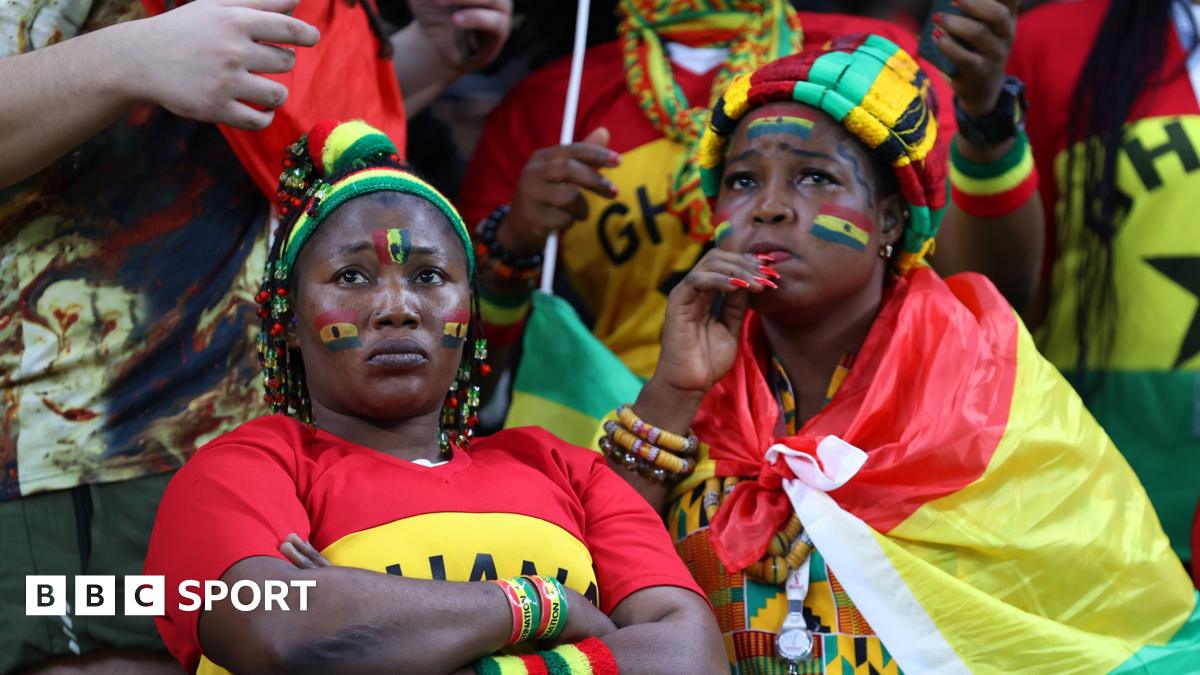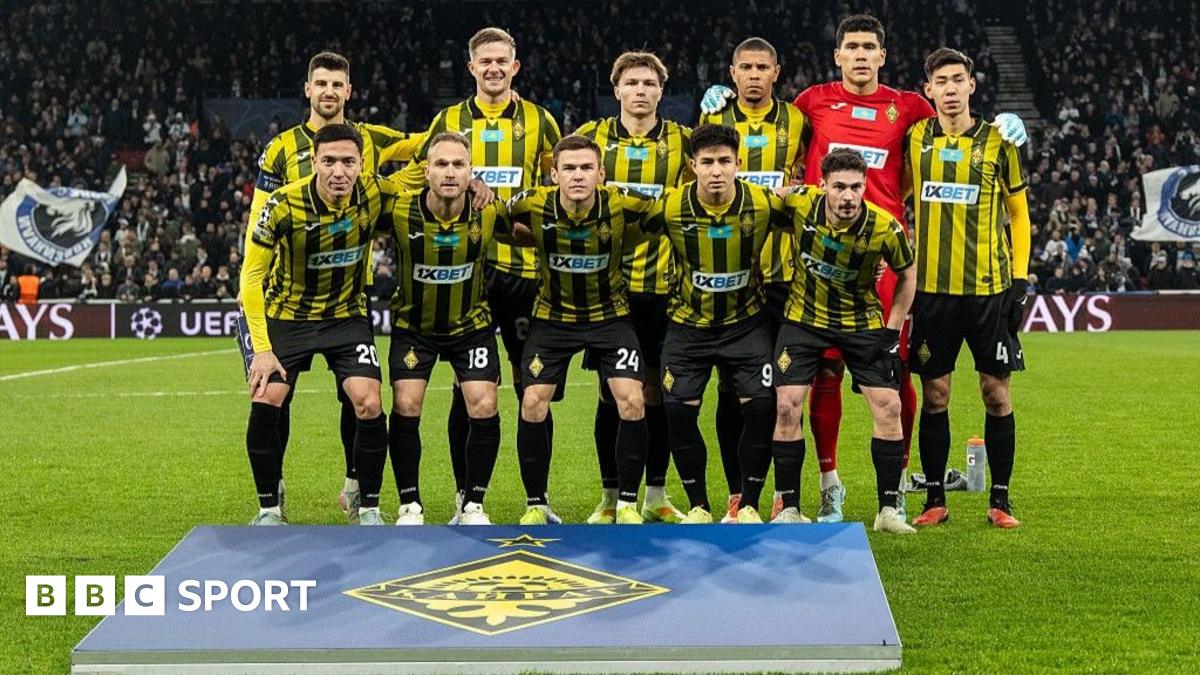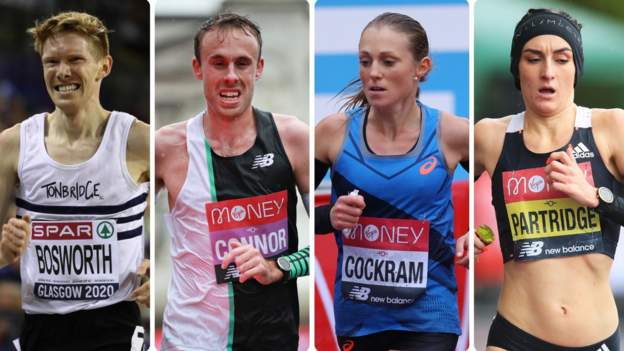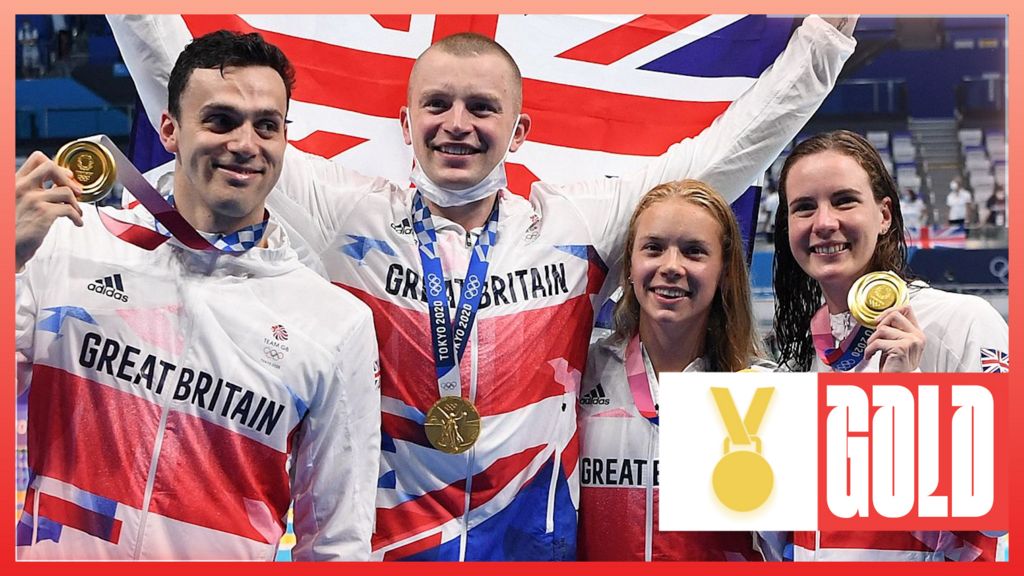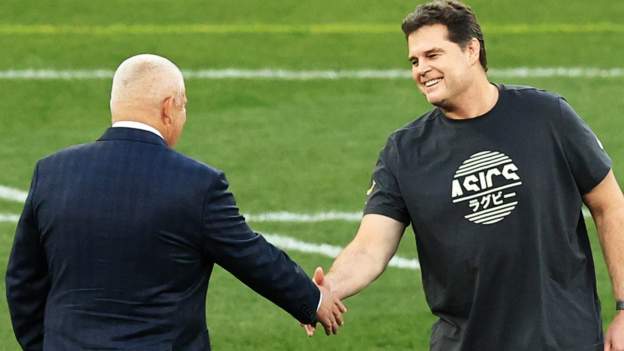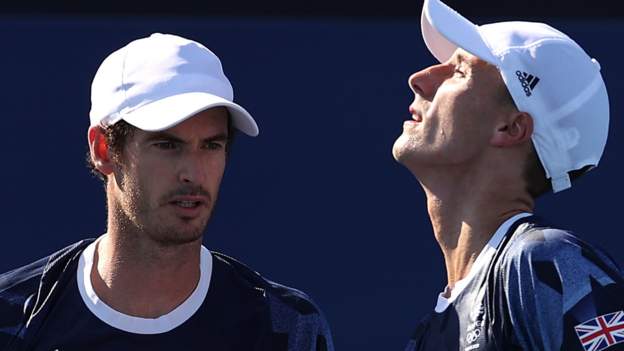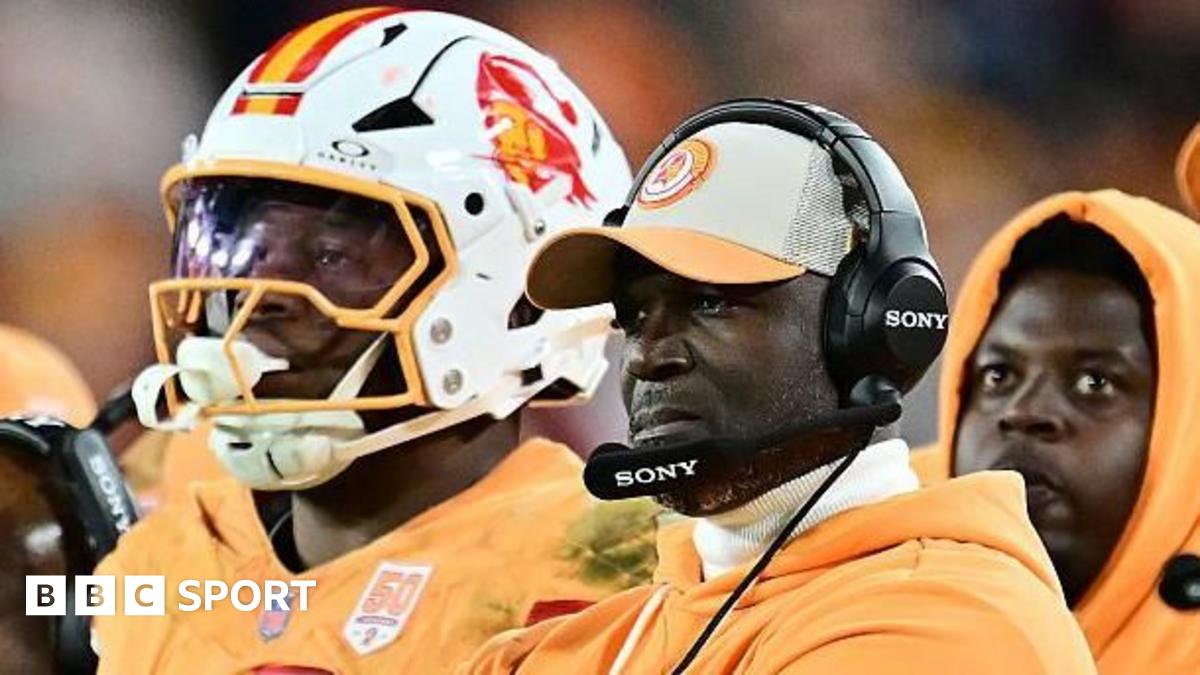| Date: Friday 26 March Time: 06:00 GMT (walk) and 08:00 Venue: Kew Gardens, London |
| Coverage: Live streaming on the BBC iPlayer and BBC Sport website and app from 07:50 GMT |
A stroll in the park? Not in London’s Kew Gardens on Friday morning, where Britain’s best road runners and walkers will duel it out for a place on the plane to Tokyo 2020.
The trials will be streamed live on the BBC iPlayer and BBC Sport website and app.
These are the details you need to know.
The deal
Tokyo’s the goal. But getting a spot at this summer’s Olympics means you have to meet two criteria.
Finishing in the top two at Kew is half the deal, but athletes also have to duck inside the Olympic qualifying times. They can do this on the day or have run the required time at any point from January 2019 onwards.
The men’s qualifying time is two hours 11 minutes and 30 seconds. The women’s is 2:29:30. In the 20km walk, the men need 1:21:00 and the women require 1:31:00.
The contenders
There is no Mo Farah. After two years on the road, the four-time Olympic champion has turned his attention back to the track. Scotland’s Callum Hawkins, fourth at Doha 2019, is on pacemaking duties having already been selected for Tokyo. Jonny Mellor, the fastest Briton at last year’s London Marathon, is injured.
In their absence, the fastest in the men’s field is Dewi Griffiths. The Welshman ran 2:09:49 to come fifth in the Frankfurt Marathon back in 2017, but has been hampered by injury and illness in more recent years.
Ben Connor is the only man in the field who already has the qualifying standard and so can keep both eyes on the opposition rather than clockwatching. Thirty-nine-year-old Chris Thompson, a European silver medallist on the track more than a decade ago, knows the course well after a string of victories in the Kew Gardens 10k.
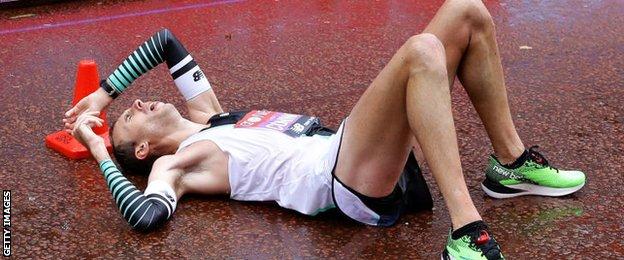
With Jess Piasecki, Charlotte Purdue and Steph Twell missing, Stephanie Davis is the only athlete in the women’s field to have an Olympic qualifying time heading into Friday’s race.
The 30-year-old Scot, who combines running with a job in London’s finance industry and only started seriously training about three years ago, clocked 2:27:40 in Valencia in 2019.
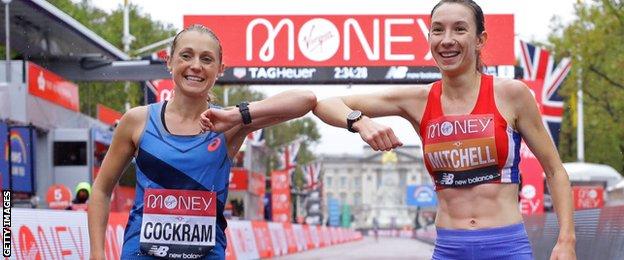
Natasha Cockram was the best-placed Briton in last year’s rain-soaked London Marathon, while Lily Partridge came eighth in the 2018 race in 2:28:24. Watch out for Sarah Inglis as well, who was just 11 seconds outside the Olympic qualifying time on a looped course in Arizona in December.
Tom Bosworth, who finished sixth at Rio 2016 and seventh at the 2019 World Championships in Doha, is up against Callum Wilkinson, the British 10k record-holder in the men’s walk. In the women’s event Heather Lewis, the fastest Briton over 20km in 2019, renews her rivalry with Bethan Davies.
The stories
Tom Evans, a former British Army officer, started his journey to the start line with a drunken bet. He reckoned he could complete the 155-mile Marathon Des Sables. His mate reckoned he couldn’t. Turned out he could. Evans finished third as the best-placed European in the 2017 edition.
He left the Army in 2019 to concentrate on running and, after initially focusing on ultra-distance and trail running, has had to scale down his distances as he prepares for the marathon.
“On that start line, I will have some of the least experience of anyone in terms of number of races, but in time spent racing, I have probably got some of most experience,” he told BBC Sport. “In 2018, I raced for just under 100 hours.
“For me, the main difference between being in the military and being a professional athlete, is professional athletes train to perform their best when they are feeling their best whereas a soldier is training to perform their best when they are feeling their worst. To be able to carry over some mental strength and resilience stuff from the Army is really cool.”
If anyone watching is inspired to up their own fitness regime, it won’t be the first time that Rebecca Gentry has motivated people off the sofa.
Gentry, originally from Worcester, now works as a fitness instructor in New York for home workout company Peloton, steaming live treadmill classes to followers around the world.
She proved she can mix it on the streets as well when she ran a 2:37:01 time in the 2019 New York Marathon.
“It is the biggest honour in my running career, the biggest opportunity I have ever been given and the biggest test I will ever do,” she told her 90,000 Instagram followers.
“Needless to say I am petrified, but also incredibly excited.”
The course
Race director Tom Bedford and his father David, a former 10,000m world record holder, ran about 25 different routes at Kew Gardens in south-west London, to work out the fastest possible course.
The solution they agreed on features an opening small lap, followed by 12 2.1-mile longer laps.
There won’t be any crowds, but the scenery should spur on the athletes with Kew’s Japanese Garden and 300 blooming cherry blossom trees reminding them that their next race could be in Sapporo in August.
“It is a very fast route. The course is flat as a pancake and it is very sheltered,” Tom Bedford told BBC Sport.
“The wind is due to be coming from the south west which would mean the athletes are running the 1.4km straight section of the course with the wind behind them.”
Each athlete will be presented with a commemorative bonsai tree, but, in keeping with the times, the trees will not be allowed into Kew Gardens because of the risk of passing on a fungal disease to the resident plants.
The ongoing debate
The five fastest men’s marathon times ever have been run in the past two and a half years. In October 2019, Kenya’s Brigid Kosgei overhauled Paula Radcliffe’s 2003 world record in the women’s event.
Even in 2020’s disrupted season, long-distance records have toppled like dominoes. Uganda’s Joshua Cheptegei alone set three new world records – 10,000m, 5,000m and 5k road – while Peres Jepchirchir and Letesenbet Gidey broke new ground in the half-marathon and 5,000m.
All superb achievements. All certainly sped along by recent advancements in shoe technology.
The cocktail of carbon plates and highly resilient foam is now being served by most manufacturers.
“It’s free time in many ways,” Griffiths told BBC Sport Wales.
“They make that much of a difference.
“The shoes make a 2:12, 2:13 guy run a 2:11 time,” he believes.
“You go back a couple of years, when they set the standard, 2:11:30 was probably the quickest it’s been in many years.
“But I wouldn’t be surprised if a few of us go under it on the day purely because of the shoes.
“Obviously we’re all running well, otherwise you can’t run that time, but the shoes obviously add that bit of free time.”



